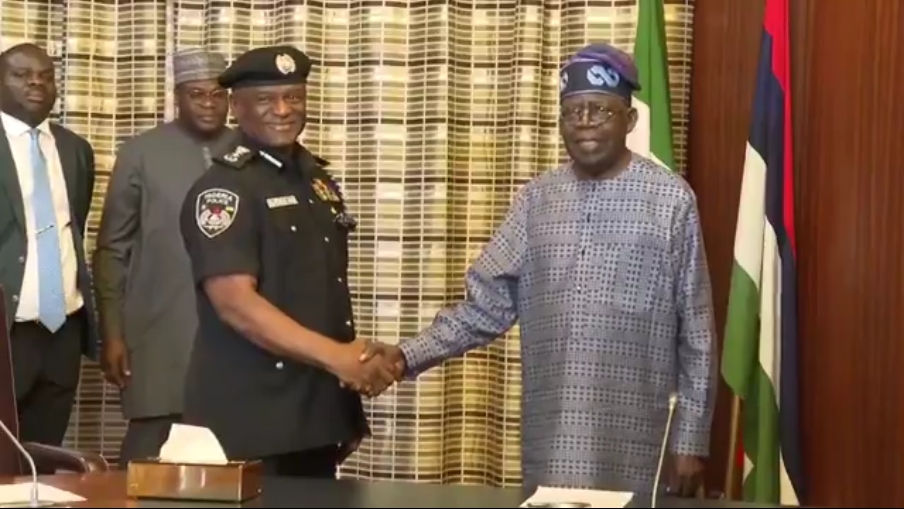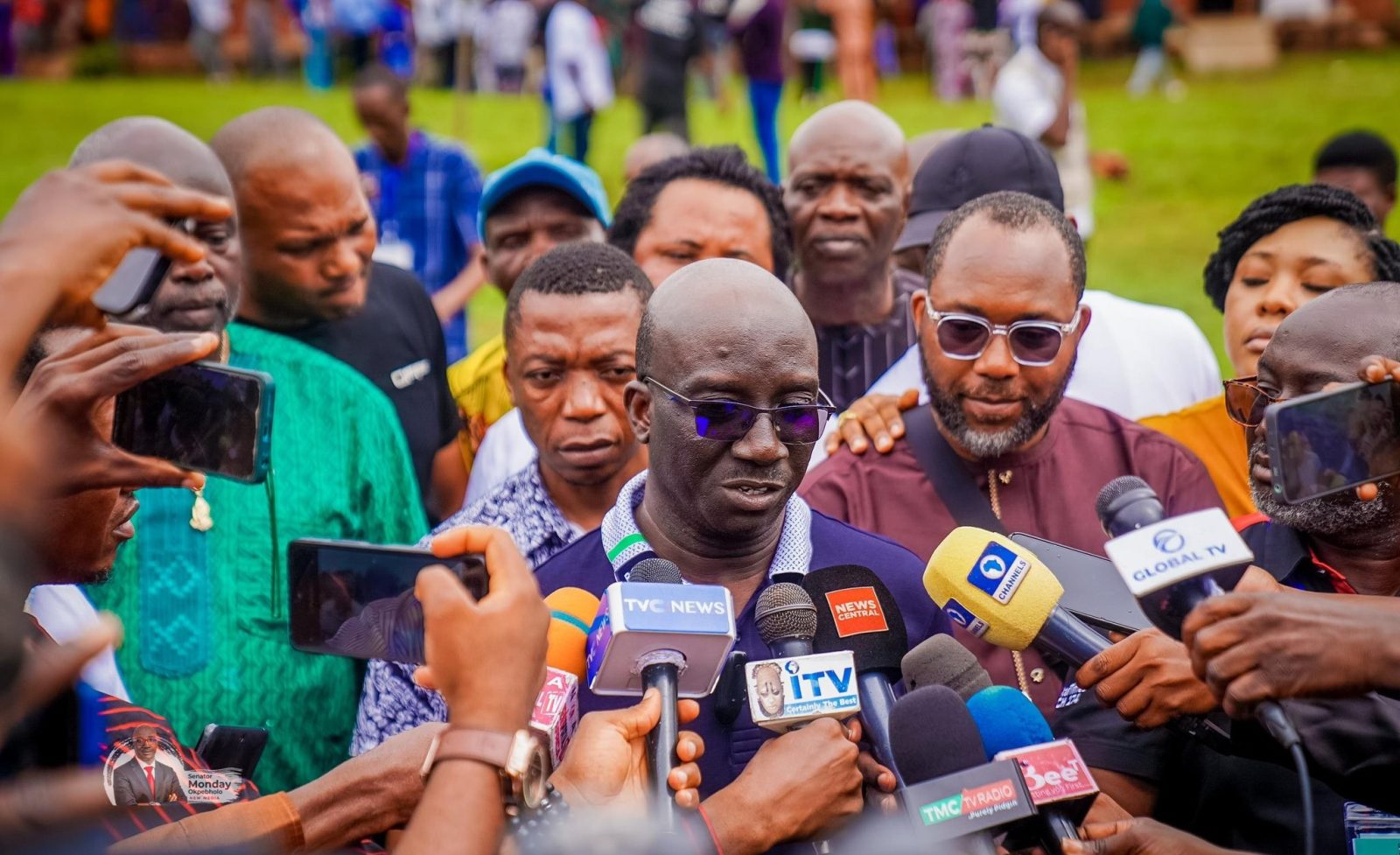The recall process of Sen. Natasha Akpoti-Uduaghan has encountered a significant obstacle after the Independent National Electoral Commission (INEC) raised concerns over the petition filed by her constituents on Tuesday.
The commission, through its National Commissioner and Chairman of the Information and Voter Education Committee, Mr. Sam Olumekun, issued a statement confirming receipt of the petition, which comprised six bags of documents reportedly containing signatures from over half of the 474,554 registered voters in the district.
However, It pointed out that the petitioners failed to provide the necessary contact information, such as their addresses, phone numbers and email addresses, as required under the Commission’s Regulations and Guidelines for Recall 2024.
The petition submitted by Charity Ijese on behalf of the constituents and received by INEC’s Secretary, Rose Oriaran-Anthony, on Monday, lacked essential contact information for the representatives, providing only the lead petitioner’s phone number.
INEC said the petition represents voters from five local government areas, specifically Adavi, Ajaokuta, Ogori/Magongo, Okehi, and Okene, spanning 902 polling units across 57 registration areas.
It criticized the petitioners for providing a vague address, merely listing ‘Okene, Kogi State’, which fails to meet the standards outlined in the commission’s regulations.
The statement reads in part: “The commission held its regular weekly meeting today, Tuesday, 25th March 2025. Among other issues, the meeting discussed the petition for the recall of the Senator representing Kogi Central Senatorial District.
“The process of recall is enshrined in the 1999 Constitution, the Electoral Act 2022 as well as the commission’s detailed Regulations and Guidelines for Recall 2024, available on our website. All petitions will be treated in strict compliance with the legal framework.
“The petition from Kogi Central Senatorial District was accompanied by six bags of documents said to be signatures collected from over half of the 474,554 registered voters spread across 902 Polling Units in 57 Registration Areas (Wards) in the five Local Government Areas of Adavi, Ajaokuta, Ogori/Magongo, Okehi and Okene.
“The commission’s immediate observation is that the representatives of the petitioners did not provide their contact address, telephone number(s) and e-mail address(es) in the covering letter forwarding the petition through which they can be contacted as provided in Clause 1(f) of our Regulations and Guidelines.
“The address given is ‘Okene, Kogi State’, which is not a definite location for contacting the petitioners. Only the telephone number of ‘the lead petitioner’ is provided as against the numbers of all the other representatives of the petitioners.”
The commission stressed that the recall process is strictly governed by the 1999 Constitution, the Electoral Act 2022, and its own detailed guidelines, ensuring a transparent and lawful procedure.
Once the petition meets all the legal requirements, INEC said it will initiate the verification of signatures in an open process at each polling unit.
It stated that the verification process will be restricted to registered voters who signed the petition, and that both the petitioners and Sen. Akpoti-Uduaghan will be entitled to appoint observers to monitor the process.
Signature verification will be conducted using the Bimodal Voter Accreditation System, and media and other observers will be accredited.
Olumekun said: “The commission wishes to reiterate that the recall of a legislator is the prerogative of registered voters in a constituency who sign a petition indicating loss of confidence in the legislator representing them.
“Once the petition meets the requirements of submission, as contained in our regulations, the commission shall commence the verification of the signatures in each Polling Unit in an open process restricted to registered voters who signed the petition only.
“The petitioners and the member whose recall is sought shall be at liberty to nominate agents to observe the verification, while interested observers and the media will also be accredited. At each Polling Unit, signatories to the petition shall be verified using the Bimodal Voter Accreditation System.”
INEC assured the public that the recall process would proceed in accordance with the law, provided the petitioners fulfill all necessary guidelines.
Due to the lack of complete contact information, the commission is investigating alternative methods to notify the petition representatives.
INEC urged the public to disregard any rumours or speculations circulating on social media regarding the recall process, and reiterated its commitment to ensuring that the process is carried out in full compliance with the legal framework.
The statement added: “Consequently, if the petitioners fully comply with the requirements of Clause 1(f) of the Regulations and Guidelines regarding the submission of their petition, the commission will announce the next steps in line with the extant laws, regulations and guidelines.
“In the absence of a definite contact address, the commission is making efforts to use other means to notify the representatives of the petitioners of the situation.
“The commission reassures the public that it will be guided by the legal framework for recall. The public should therefore discountenance any speculations and insinuations in the social media.”
The recall petition against Sen. Akpoti-Uduaghan stems from a series of contentious events, culminating in her suspension from the Senate on March 6, due to alleged “gross misconduct” sparked by a dispute with Senate President Godswill Akpabio.
The petition, titled “Constituents’ Petition for the Recall of Sen. Natasha Akpoti-Uduaghan on Grounds of Loss of Confidence,” sought her removal due to allegations of gross misconduct, abuse of office, evasion of due process, and deceitful behaviour.























Leave a comment